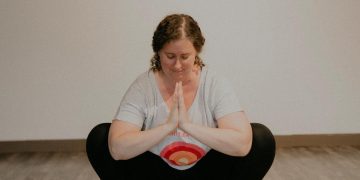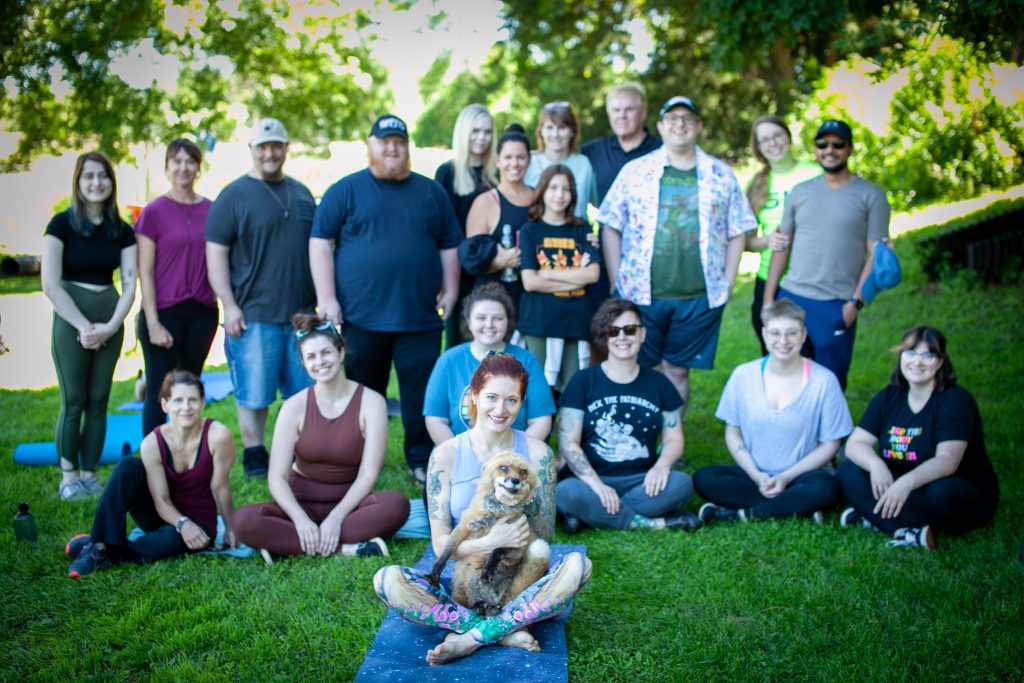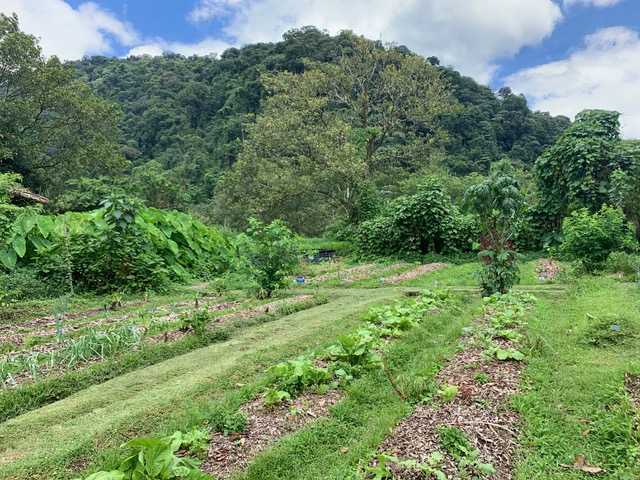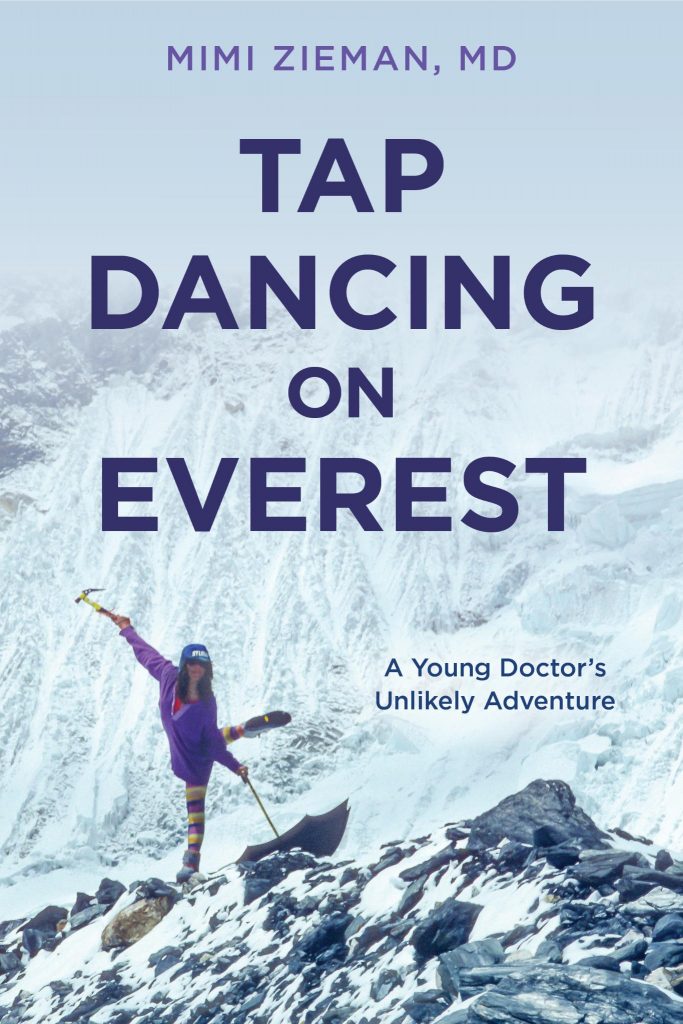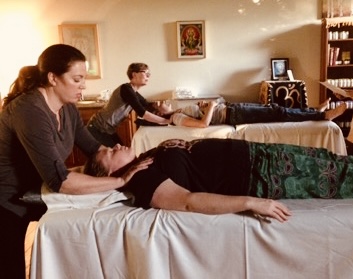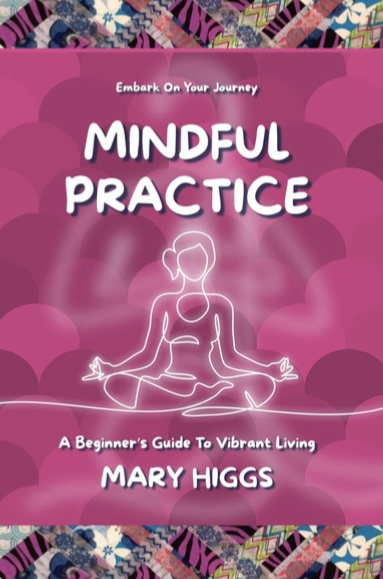Light a candle, alone or with friends …. speak about those things that are left to do, and as the candle burns, allow the cares to melt away. Do not be anxious about tomorrow …. For now, let it be …. In Sabbath time we take our hand off the plow and allow God and the earth to care for what is needed.
Wayne Muller
emember teeter totters and that sweet spot where you found perfect balance suspended mid-air? Sabbath-keeping, an age-old gift from our Jewish sisters and brothers, can help us achieve that often elusive equilibrium. Most of us left the Sabbath in mothballs, or as Christopher Ringwald writes, “The Sabbath remains the dessert most people leave on the table.”
Sabbath-keeping means we never go more than six days without extended time for spiritual renewal, a break from work and thinking about work, rest and rejuvenation, reflection, and community-building with family, friends, and beyond. Muller writes:
We set aside time to delight in being alive, to savor the gifts of creation, and to give thanks for the blessings we may have missed in our necessary preoccupation with our work. Ancient texts suggest we light candles, sing songs, pray, tell stories, worship, eat, nap, and make love. It is a day of delight, a sanctuary in time. Within this sanctuary, we make ourselves available to … insights and blessings that arise only in stillness and time.
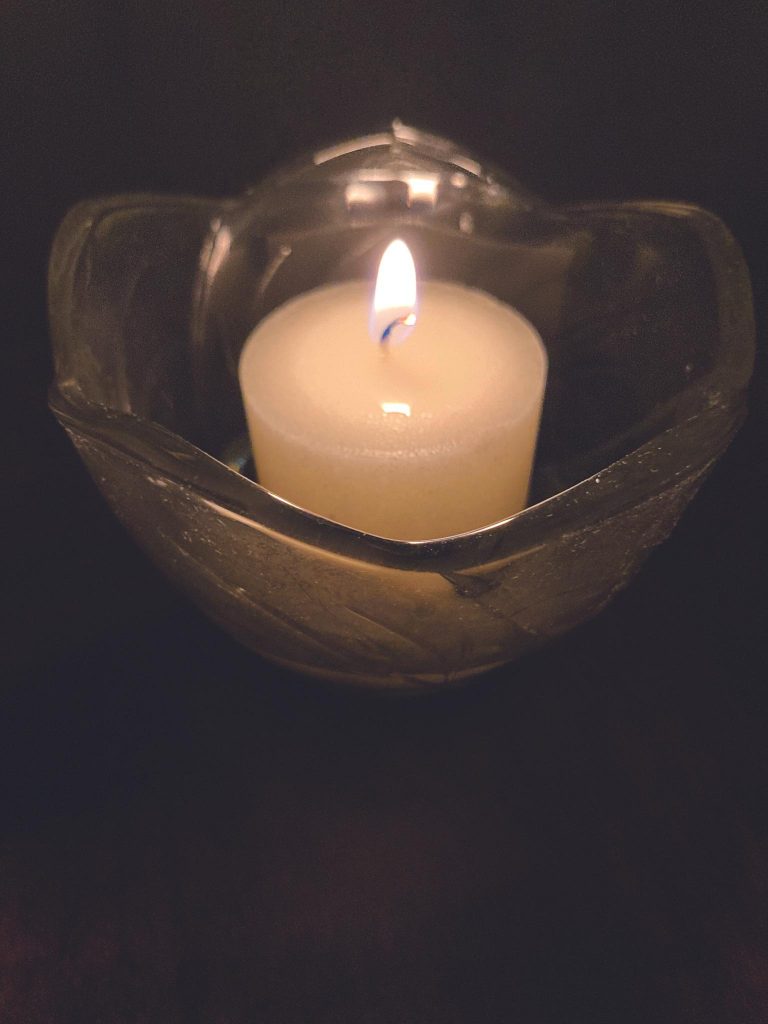
As Sabbath-keeping changed in our nation, the challenges we face did, too. We live in anxious times with COVID-19, political polarization, climate change, violence, discrimination, financial demands, and the never-ending pressure to do and be more. Sabbath-keeping can be an antidote for anxiety and that which overwhelms us. Difficulties will remain, but Sabbath-keeping makes them more bearable, and may renew our hearts and minds to help us more adequately address them.
While our starting point for celebrating a Sabbath is our Creator’s call to do so, celebrating a regular Sabbath can help us live healthier, more balanced lives, and perhaps increase our longevity. Seventh-day Adventists live an average of four-to-ten years longer than their non-Adventist peers, according to Gary Fraser’s research. Among their many healthy habits, Adventists observe weekly Sabbaths. Even those with secular perspectives find voluntary simplicity, slow living, unplugging, and digital and secular sabbaths helpful in finding more balance, sharing commonalities with Sabbath-keeping.
I conducted research with 10 women ages 20 to 63 from various cultural and faith traditions who chose to celebrate a Sabbath, although they were not part of communities where this was the norm. Most were hesitant to share they kept a Sabbath with others, as they felt many would not understand. Yet, all these women reported Sabbath-keeping deepened their spirituality, enhanced their self-awareness, improved self-care, enriched relationships, and positively affected the rest of their weeks. If you celebrate a Sabbath, consider sharing your experience with others to help promote a culture that encourages rest!
The women saw Sabbath-keeping as a time for greater connection with the Sacred, gratitude, and spiritual reflection. All saw Sabbath as a chance for physical and mental rest. Sabbath became a time for shared meals, extended conversations, outdoor activities, reading, music, arts, journaling, writing poetry, and other pleasurable pursuits.
Some reported being more attentive to and present with loved ones. Others reported being kinder to both family and strangers when less rushed. Others used their Sabbaths to forgive themselves and others. Two women said Sabbath-keeping contributed to their sobriety. Most avoided social media and limited use of electronics. Some chose to serve others during their Sabbaths. Most made minimal trips or chose to not drive at all. One woman avoided using electricity as a way to honor a Sabbath for the Earth as well.
Most kept clear guidelines and were deliberate about what they would and would not do during their Sabbaths, but found it necessary to make occasional exceptions. One woman started Sabbath-keeping by staying in bed all day watching Netflix, but found this didn’t rejuvenate her, so she became more intentional with her Sabbath. All said their Sabbaths evolved over time.
Most of the women found it helpful to learn more about the philosophy of Sabbath-keeping. We should be wary, however, of assuming there is a right way to celebrate Sabbath. What one woman found spiritual or rejuvenating was quite different for another. The spirit of Sabbath-keeping must be more important than rigid Sabbath rules in order for Sabbath-keeping to become a reality for more people.
Sabbath-keeping also provides an opportunity to consider how we live the rest of our week. We can reflect on how we can best be in the right relationship with our Creator, ourselves, neighbors near and far, our planet, and other living creatures with whom we share the Earth. When we are more balanced, our families, communities, and the broader world benefit. As Marianne Williamson writes: “Personal transformation can and does have global effects. As we go, so goes the world, for the world is us.”
What will help you find that elusive sweet spot on your teeter totter?
Barbara Baker Speedling is a health and wellness coach with Virgin Pulse. She wrote her Master’s thesis about her research and published an article in the Journal of Religion & Health titled, “Celebrating Sabbath as a Holistic Health Practice: The Transformative Power of a Sanctuary in Time.” She is particularly interested in accessible, inexpensive holistic practices and believes personal inner peace and wellbeing can help us contribute to making the world a more just, peaceful place.





